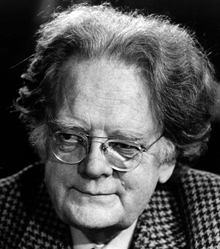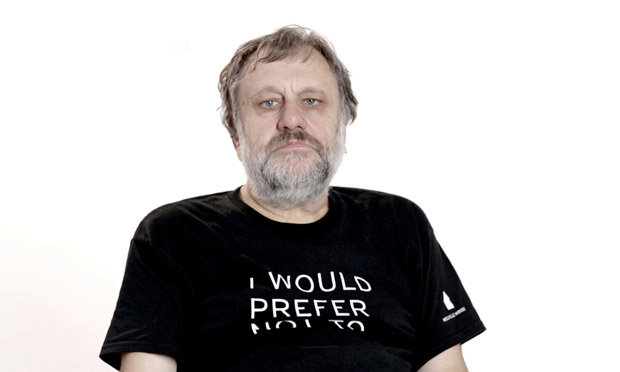 The road ahead for anyone in a democracy teaching in the humanities and in particular literary writing of all genres is one in which these writers and Northrup Frye may be guides. In his book The Educated Imagination, Frye reinforces McLuhan and Emerson when he states “The literary writer isn’t giving information, either about a subject or about his state of mind: he’s trying to let something take on its own form, whether it’s a poem or play or novel or whatever. . . . The writer of literature can only write what takes shape in his mind.” (46) What is also taking shape is an aesthetic distance that allows the writer to live outside, among and not within convention. The writing teacher’s job then is to help students focus on bringing each of what Frye calls the two dreams of literature (wish fulfillment and anxiety) into conscious visions and letting their ideas take shape in their minds and on paper. By helping students focus in this way, teachers allow students to experience McLuhan’s integral awareness. Students also begin to obtain a sense for the exact proportions necessary to prepare their psyches and prevent their reacting to each technological advance and their own extended faculties. Student literary writers, and all students can, get this practice first by writing each kind of dream and integrating them in their writing. The practice allows the student to imagine both how the next blow might impact his world and how he might successfully adjust to maintain his/her life as a creative project. Living among and not in conventions is what should be expected of an educated person, and yet we graduate students who are educated to take their place within convention. The student of inductive reasoning may begin by becoming comfortable using and understanding metaphor. When students have permission to explore metaphor, they become less concrete thinkers and more comfortable with abstraction. They are also given permission to resist their performative impulses while concentrating on allowing their subject (in relation to the context to the world around it) to take on its shape in their minds. When students work with metaphor, they begin exploring and inhabiting other worlds, other possible worlds whether they are anxiety ridden or ideal. What students discover is that this exercise is play and that the play of childhood is not alien to the adult world; in fact it’s integral to it. The play leads to the freedom to choose or create career paths and lifestyles that resist coercion, intimidation, and alienation. Play becomes their work and work becomes play in that a poet takes words seriously to have fun with them. The development of the imagination isn’t simply for children.
0 Comments
Leave a Reply. |
Archives
May 2024
Categories |

 RSS Feed
RSS Feed